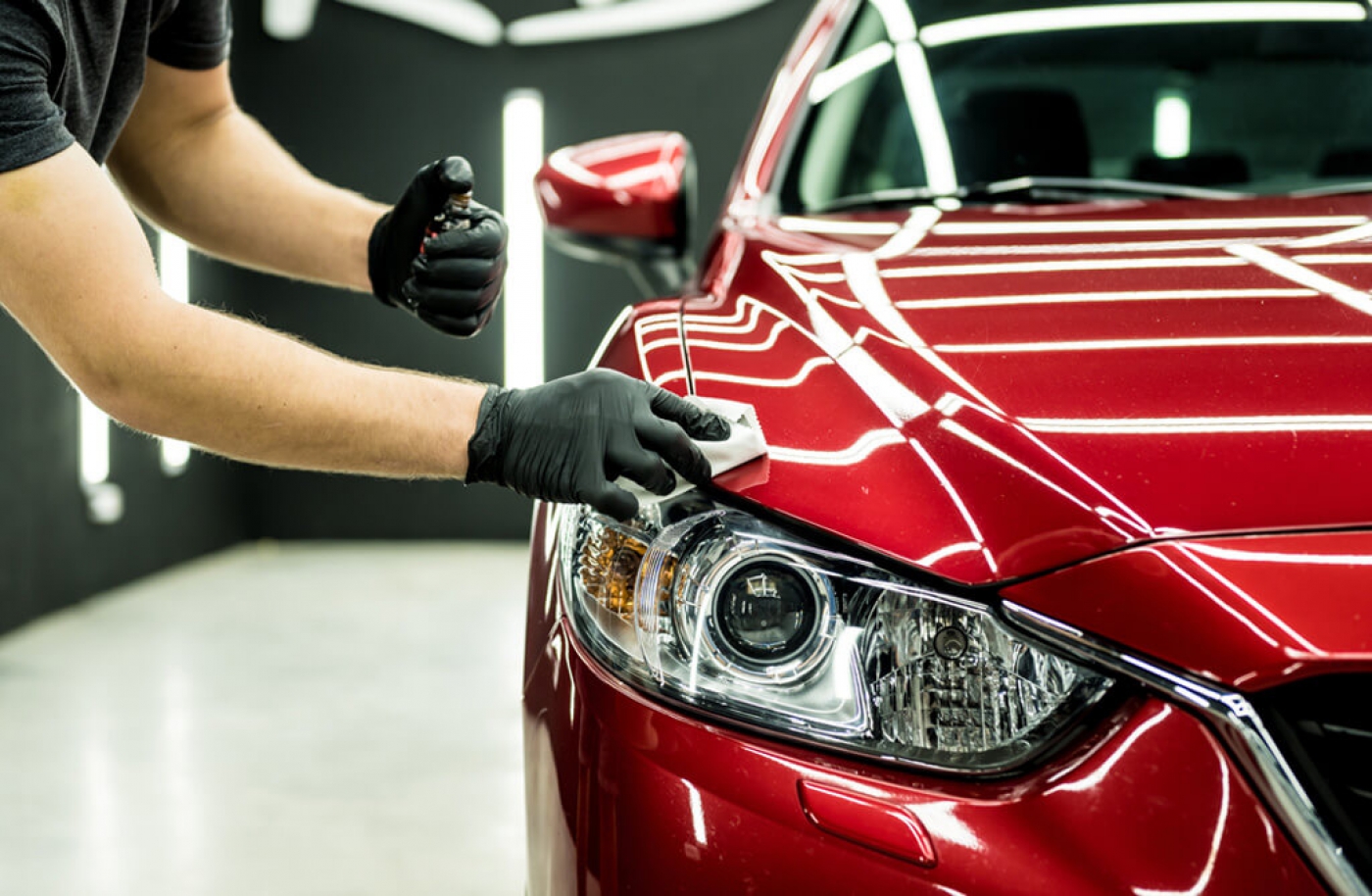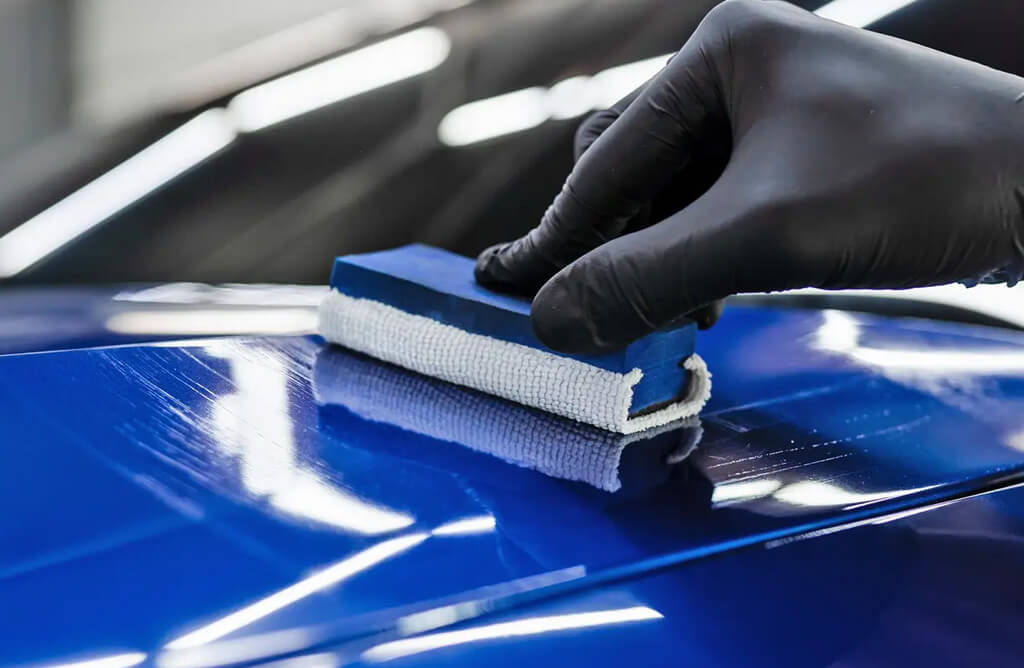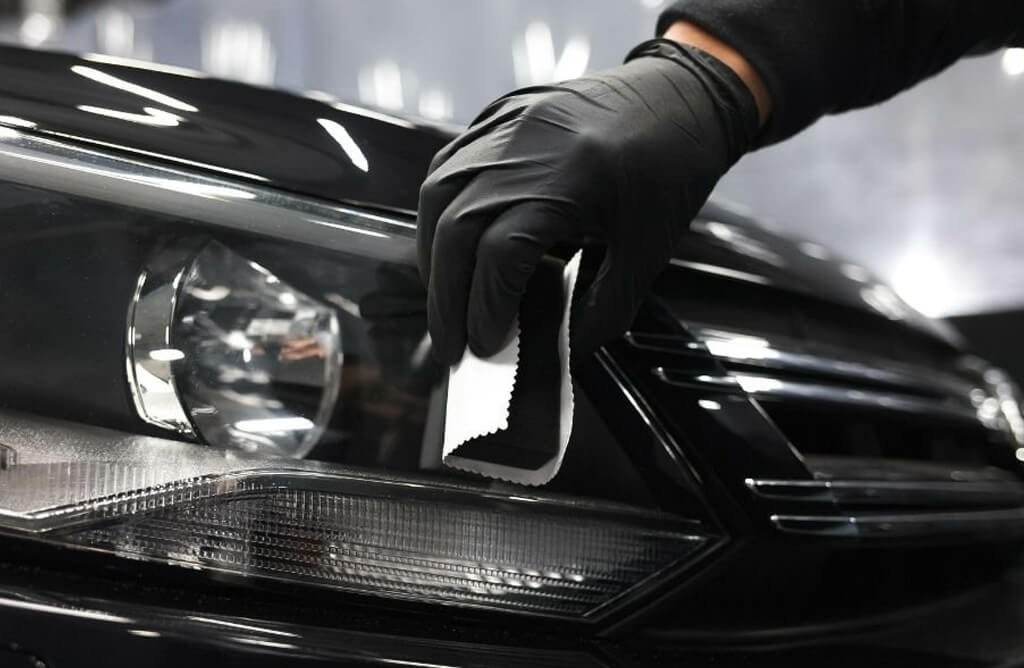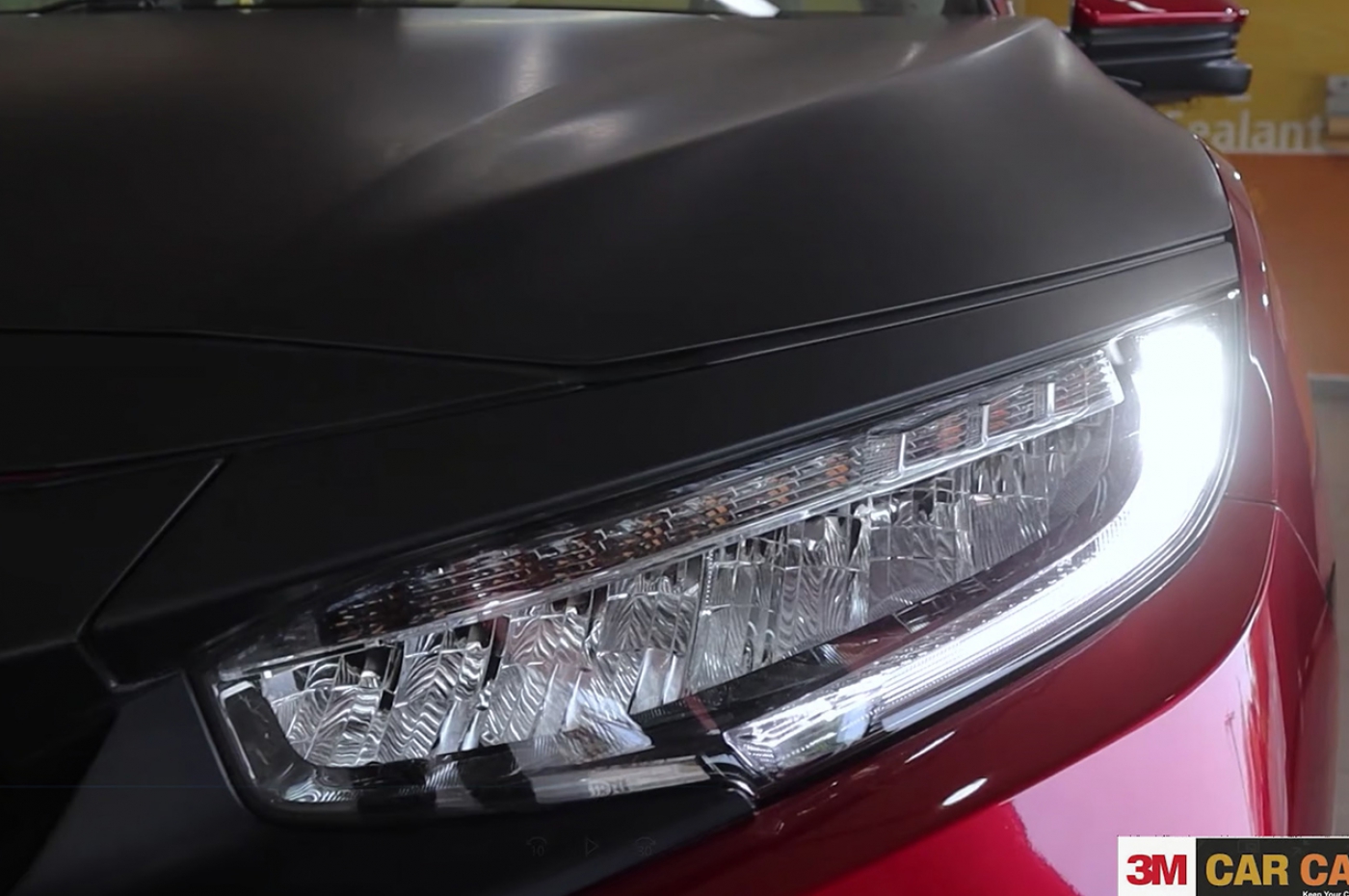Maintaining the appearance and condition of your car is not just about aesthetics; it's also about preserving its value and longevity. Car detailing plays a crucial role in this endeavor. In this comprehensive guide, we will explore the world of car detailing, including what it is, why it's important, how often you should do it, and the various options available to car owners.
What is Car Detailing?
Car detailing is more than just a car wash; it's a comprehensive process that focuses on cleaning, restoring, and protecting the various surfaces of your vehicle. This meticulous approach involves cleaning both the interior and exterior of the car, paying attention to every detail.
The process typically includes the following:
Exterior Cleaning: This involves washing, drying, and polishing the car's exterior, including the paint, wheels, and windows. Paint Protection Film (PPF for cars) and ceramic coatings are often used to provide extra protection against environmental factors and wear and tear.
Interior Cleaning: Detailers clean and rejuvenate the interior of the car, which may include vacuuming, steam cleaning, and treating surfaces like leather or fabric upholstery.
Engine Bay Cleaning: Some detailers offer engine bay cleaning to remove grease, dirt, and debris that can affect engine performance.
Restoration: Detailing can also involve restoring specific areas, such as removing scratches, swirl marks, and restoring faded trim or paint.
Protection: A crucial aspect of car detailing is applying protective coatings like wax, sealants, and ceramic coatings to shield the car's surfaces from damage.
Why Should you Detail your Car?
Car detailing offers numerous benefits that go beyond mere aesthetics:
Preserve Resale Value: A well-maintained car commands a higher resale value. Detailing helps maintain the car's exterior and interior, preventing wear and tear.
Enhance Appearance: Regular detailing keeps your car looking as good as new. This can boost your pride of ownership and make a positive impression on others.
Longevity: Protecting your car's surfaces with treatments like PPF for cars and ceramic coatings extends their lifespan, reducing the need for costly repairs.
Health and Comfort: Thorough interior cleaning eliminates allergens, dust, and odors, creating a healthier and more comfortable driving environment.
Protection: Protective coatings act as barriers against environmental hazards, including UV rays, contaminants, and harsh weather.
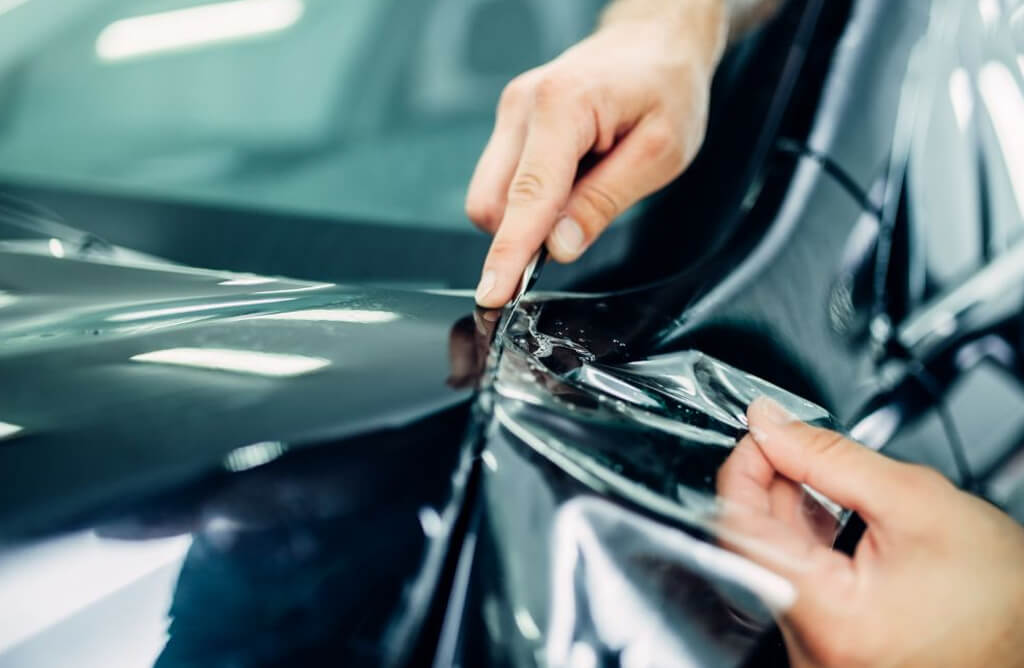
How Often should you Detail your Car?
The frequency of car detailing depends on various factors, including your driving habits, local climate, and personal preferences. Here are some general guidelines:
Every 4-6 Weeks: For the average car owner who uses their vehicle daily, a monthly detailing is a good starting point to maintain its appearance and protection.
Seasonal Detailing: Consider more frequent detailing in extreme climates. Harsh winters and hot summers can be tough on your car's surfaces. Seasonal detailing can help protect your car from these conditions.
As Needed: Pay attention to your car's condition. If it's visibly dirty, has paint damage, or the interior is in disarray, it's time for detailing.
After Special Events: If you've gone on a long road trip, attended an outdoor event, or transported pets, consider getting your car detailed to address any specific issues that may have arisen.
New Car Detailing: It's a good idea to detail a new car to establish a clean and protected baseline. Afterward, follow a regular detailing schedule.
What to Expect During a Car Detailing Service?
When you take your car for detailing, you can expect the following:
Thorough Inspection: The detailer will inspect your car for any existing damage or areas of concern.
Washing and Drying: The exterior will be washed and dried to remove dirt, grime, and contaminants.
Interior Cleaning: The interior will be cleaned and sanitized, including vacuuming, steam cleaning, and treating surfaces as needed.
Paint Correction: If necessary, the detailer will perform paint correction to remove imperfections such as scratches or swirl marks.
Protection Application: Various protective treatments, like wax, sealants, and ceramic coatings, will be applied to safeguard your car's surfaces.
Final Inspection: The detailer will conduct a final inspection to ensure the work meets their high standards.

Tips for Detailing your Car at Home
While professional detailing offers a high level of expertise, you can also detail your car at home with the right tools and knowledge. Here are some tips:
Gather Quality Products: Invest in quality car detailing products, such as 3M car care products, to achieve the best results.
Follow Instructions: Read and follow product instructions carefully to avoid damage.
Use the Right Tools: Utilize the appropriate tools, like microfiber towels, foam applicators, and brushes, to ensure a safe and effective detailing process.
Work in the Shade: Detailing in direct sunlight can lead to uneven drying and potential damage. Choose a shaded area.
Take Your Time: Rushing through the process can lead to subpar results. Dedicate a few hours to ensure thorough cleaning and protection.
Protect Yourself: Wear gloves and use proper ventilation when using chemicals.
Benefits of Using a Professional Car Detailing Service
While DIY detailing is an option, professional car detailing services offer several advantages:
Expertise: Detailers are trained to identify and address various issues effectively, such as swirl marks and paint imperfections.
Specialized Tools: Professionals have access to specialized equipment and products that deliver superior results.
Time Savings: Detailing can be time-consuming. Professional services save you time and effort.
Consistency: Professional detailers consistently achieve high-quality results.
Customization: Detailers can tailor their services to your car's specific needs.
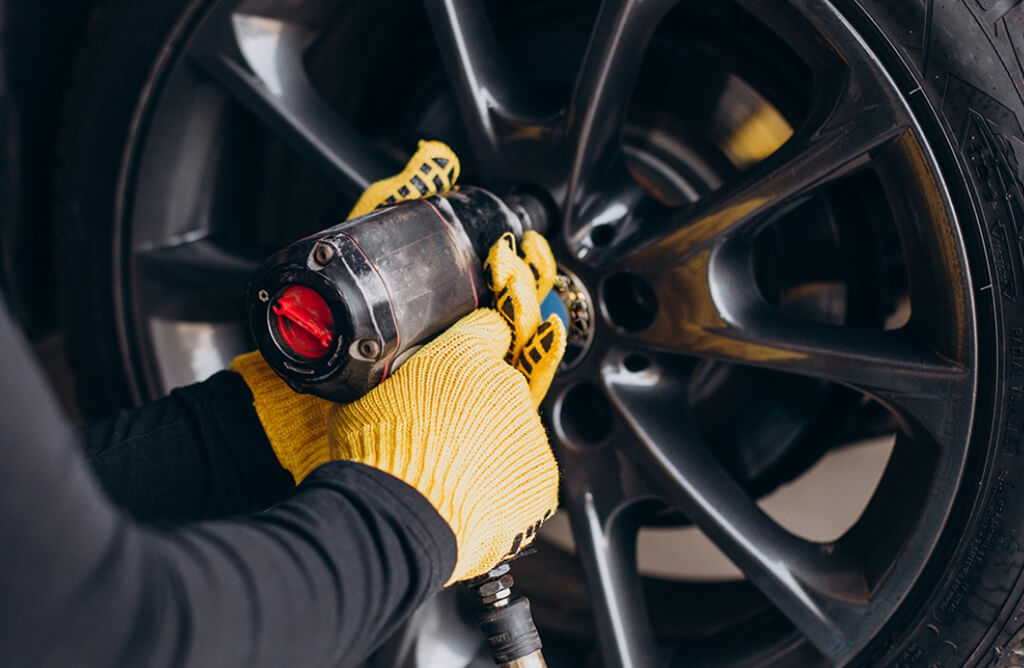
How to Choose a Professional Car Detailing Service?
When selecting a professional car detailing service, consider the following:
Reputation: Check online reviews and ask for recommendations to find reputable detailers. The website https://www.3mvizag.com/ may be a useful resource for finding local options.
Services Offered: Ensure the detailer offers the specific services you need, such as PPF for cars or ceramic coatings.
Experience: Look for experienced detailers who have a history of providing quality work.
Pricing: Get quotes from multiple detailers and compare their prices to ensure you're getting a fair deal.
Customer Service: Good communication and customer service are essential for a positive experience.
Insurance: Confirm that the detailing service has liability insurance in case of accidents or damage to your car.
Conclusion
Car detailing is not just a luxury; it's a vital part of car maintenance that contributes to the longevity and value of your vehicle. By understanding what car detailing is, its benefits, and how often you should do it, you can make informed decisions to keep your car in top condition. Whether you choose to DIY or opt for a professional service, the key is to ensure your car receives the care and protection it deserves. With the right approach, you can enjoy a pristine and well-preserved vehicle for years to come.





